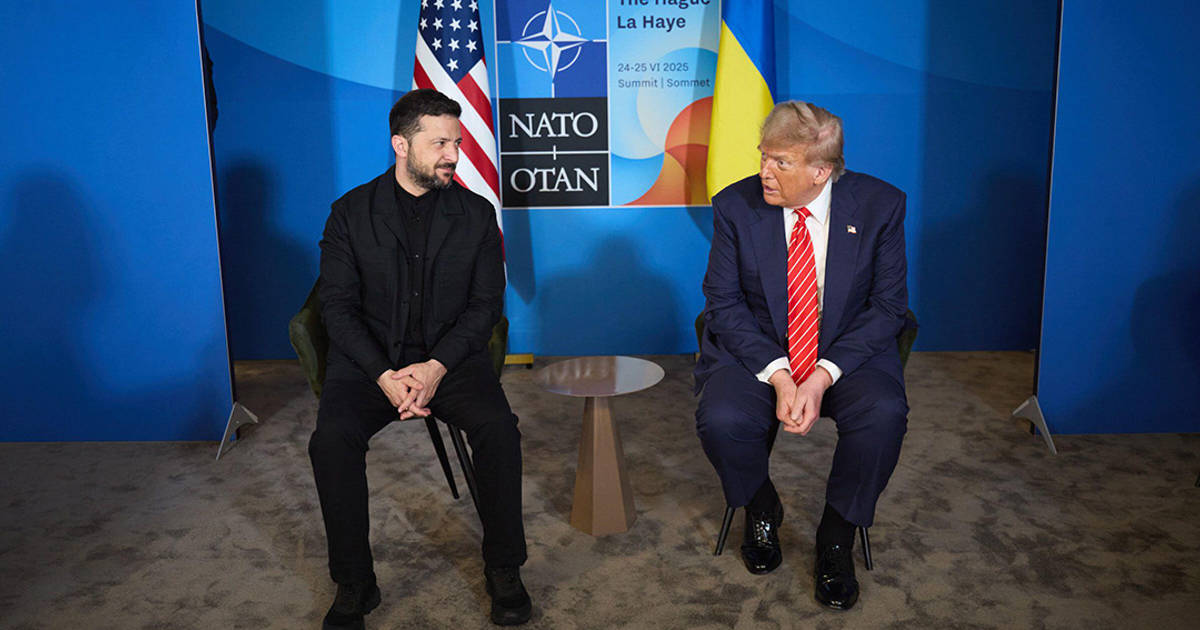And over...
The West had been moving into Russia’s backyard and threatening its core strategic interests, a point Putin made emphatically and repeatedly. The crisis shows that realpolitik remains relevant and states that ignore it do so at their own peril. U.S. and European leaders blundered in attempting to turn Ukraine into a Western stronghold on Russia’s border.
Soviet leaders and their Russian successors did not want NATO to grow any larger and assumed that Western diplomats understood their concerns.
During NATO’s 1995 bombing campaign against the Bosnian Serbs Russian President Boris Yeltsin said "This is the first sign of what could happen when NATO comes right up to the Russian Federation’s borders."
France and Germany opposed the move
(Georgia and Ukraine as NATO members) for fear that it would unduly antagonize Russia. NATO boldly declared: "These countries will become members of NATO."
Putin maintained that admitting those two countries to NATO would represent a "direct threat" to Russia. Russia’s invasion of Georgia in August 2008 should have dispelled any remaining doubts about Putin’s determination to prevent Georgia and Ukraine from joining NATO.
The EU, too, has been marching eastward. Russian leaders view the plan as hostile to their country’s interests.
US had invested more than $5 billion since 1991 to help Ukraine achieve "the future it deserves."
The spark came in November 2013, when Yanukovych rejected a major economic deal he had been negotiating with the EU and decided to accept a $15 billion Russian counteroffer instead.
The new government in Kiev
(after Yanukovych) was pro-Western and anti-Russian to the core, and it contained four high-ranking members who could legitimately be labelled neofascists.
As a leaked telephone recording revealed, Nuland
(Assistant Secretary of State for European and Eurasian Affairs) had advocated regime change and wanted the Ukrainian politician Arseniy Yatsenyuk to become prime minister in the new government, which he did.
Imagine US happy about a Chinese naval base in Mexico.
- At Georgia's and Ukraine's peril, actually. Our interests are clear, how much Ukrainian (Vietnamese) blood has to be spilled is irrelevant and those $5bn are not any kind of interference in other countries' elections.
And it is the Russians, not the West, who ultimately get to decide what counts as a threat to them.
- A concept that doesn't seem to be that "clear".
The U.S. diplomat George Kennan in a 1998 interview, shortly after the U.S. Senate approved the 1rst round of NATO expansion. "I think the Russians will gradually react quite adversely and it will affect their policies," he said. "I think it is a tragic mistake. There was no reason for this whatsoever. No one was threatening anyone else." In that same 1998 interview, Kennan predicted that NATO expansion would provoke a crisis, after which the proponents of expansion would "say that we always told you that is how the Russians are."
Putin and his compatriots have been thinking and acting according to realist dictates, whereas their Western counterparts have been adhering to liberal ideas about international politics.
Secretary of State John Kerry’s response to the Crimea crisis reflected this same perspective: "You just don’t in the twenty-first century behave in nineteenth-century fashion by invading another country on completely trumped-up pretext."
- Unless it's US invading Iraq. Kennan seems to be some kind of Cassandra in the Kingdom of Oedipus.
NATO must admit Georgia and Ukraine to contain Russia before it dominates its neighbours and threatens western Europe.
If Putin were committed to creating a greater Russia, signs of his intentions would almost certainly have arisen before February 22. But there is virtually no evidence that he was bent on taking Crimea, much less any other territory in Ukraine, before that date.
- We have the right to threaten Russia but Russia has no right to threaten us, obviously.
The goal should be a sovereign Ukraine that falls in neither the Russian nor the Western camp. Akin to Austria’s position during the Cold War.
- Why, we are quite happy with how things are right now.
Did Cuba have the right to form a military alliance with the Soviet Union during the Cold War? The United States certainly did not think so, and the Russians think the same way about Ukraine joining the West.
- BTW, Trump has invaded International Trade, but EU is using "other principles" in this war.
The great thing about the West, is that our free and democratic press keep us well informed about those details... All the time.

